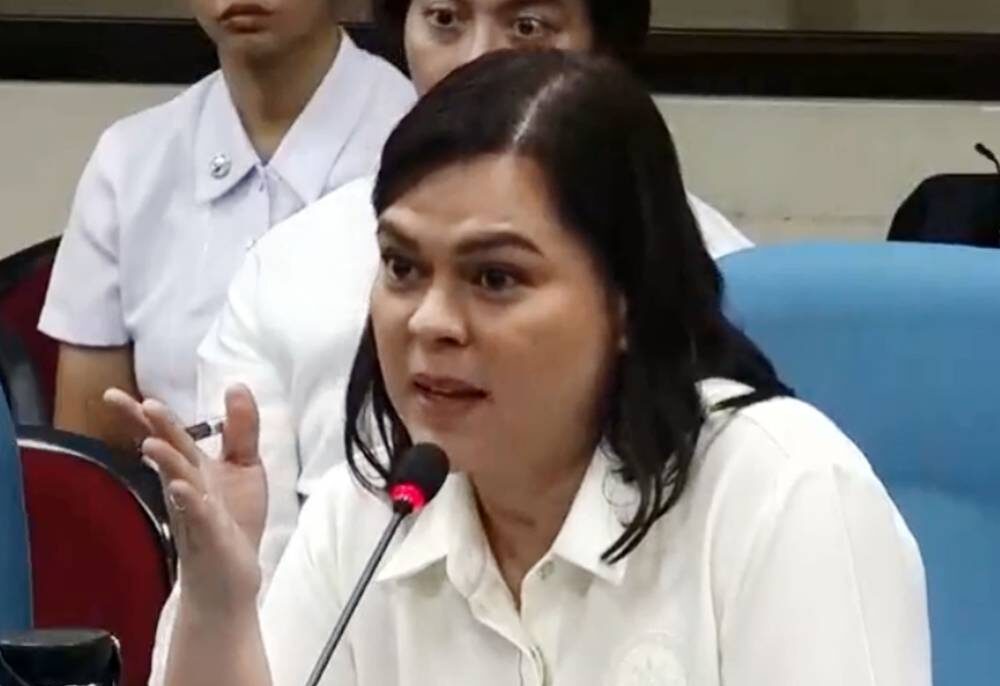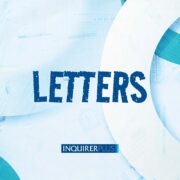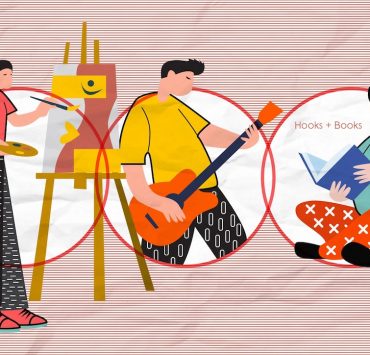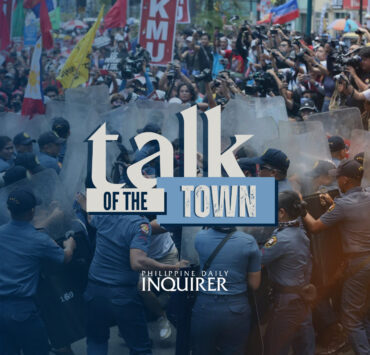Friend or foe?

This quote comes from Prentice Hall’s textbook “World History,” written by Elisabeth Gaynor Ellis and Anthony Esler: “To build for the future, the Nazis indoctrinated young people with their ideology. Hitler urged young Germans to destroy their enemies without mercy. School courses and textbooks were rewritten to reflect Nazi racial views. The Nazis burned books of which they disapproved and controlled what books were published.” Therefore, “Wars in the main start with textbooks.” (Alan Moorehead in “The Blue Nile”)
The battle for the hearts and minds of the next generation of Filipinos will be fought in the pages of the books and textbooks they’d be reading in their early formative years in school. Misinformation and disinformation lead to malformation in the way they think, feel, and act. These schoolchildren are led into the heart and mind of darkness by the very instruments supposed to give them enlightenment.
An allotment of P10 million in the proposed P2.037-billion budget of the Office of the Vice President (OVP) was found at a recent budget hearing to have been earmarked for the publication of Vice President Sara Duterte’s book for children titled, “Isang Kaibigan (A Friend).”
This book will drive the Philippines’ already dismal score at a global test gauging student performance in creative thinking to even lower depths! In that test, the country landed in the bottom four and among the worst in the world, according to the benchmarking test for creativity conducted by the Programme for International Student Assessment.
Duterte’s book is about the “friendship” that developed among an owl, a hawk, a dove, and a parrot. Perhaps the “author,” a former education secretary, does not know that these four can never be friends for the simple reason that they are completely different breeds of birds, with two of them being birds of prey.
Owls are, by nature, nocturnal, solitary, sedentary, and predatory. They feed exclusively on other birds and mammals. Like hawks and eagles, they are birds of prey. Doves and parrots, on the other hand, are sociable and easily domesticated. They are often kept in captivity and raised for food, for hobby, or for show. Out in the open, they generally live in flocks.
Owls and hawks will never sit at the table of brotherhood and friendship with doves and parrots, unlike thieves who will readily unite and conjoin in a marriage of convenience at the first sign of opportunity. Predators like owls and hawks will always go after prey, like doves and parrots, once they are hungry. It’s the way of nature, and the rule of the jungle.
Storybooks, though written for children, should still be grounded in common sense and reality, otherwise they would be teaching children to be stupid.
The story line itself is unoriginal, unreasonable, and unintelligent. There exists, in fact, strong evidence that the concept for “Isang Kaibigan” was merely appropriated from a series of children’s books written by Andy Runton, including “Owly: Just a Little Blue,” as published by Scholastic. The main character in Duterte’s book, for instance, is an owl, exactly like Runton’s main character Owly. Their plots are basically the same, except that Duterte’s book is full of factual and grammatical errors.
Using the idea, thought, or concept of another author without permission and credit, and passing it off as your own is plain and simple plagiarism. But the greatest sin and error of this whole sordid enterprise is its bold and brazen attempt to promote a book that is undoubtedly and shamelessly propaganda material using public funds.
No critical thinking. No originality. Dishonest and insincere. A Trojan horse. The bait that hides the hook. These, by and large, describe and define “Isang Kaibigan.” Thus, we should not expect our children to learn anything after reading it but the most unfriendly ways of chicanery and deceit. Books could either be the vitamin that strengthens the body and the soul, or the venom that poisons the heart and the mind of readers.
Let me end by quoting Hermenegildo Cruz (“Shall we be a country with many histories?” Commentary, 6/25/22): “People can print their own version of history under freedom of the press, as long as no government funds are used. Things become messy when public funds are used, and worst, if fake history ends up in textbooks published by the Department of Education.”
People can indeed print whatever story they want to tell, regardless of whether it is original or plagiarized, under the pretext of freedom of expression, as long as no government funds are used. Otherwise, they become propaganda material meant to promote political ambitions that end up in books for the children of the very poor, the much disadvantaged, and the always downtrodden.
—————-
Antonio Calipjo Go is a retired private school supervisor who has waged a crusade against error-riddled textbooks in the Philippines for the past 26 years.

















